- Details
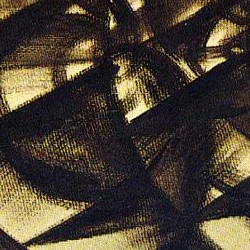
I was short of time this week and I had to leave the planned post half done. In such a case, as regular readers know, I propose a momento musical, an article to very briefly present a song. This time I chose it easily by joining two names that were around me.
- Details
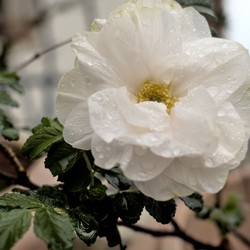
"It is the world's first morning" (C'est le premier matin du monde). Thus begins (except for the two poems of the prelude) La chanson d'Ève (The song of Eve) by Charles van Lerberghe, and thus begins the cycle with the same name by Gabriel Fauré, his Op. 95.
The long poem by the Belgian symbolist poet, published in 1904, comprises ninety-six poems in five parts. It draws[...]
- Details
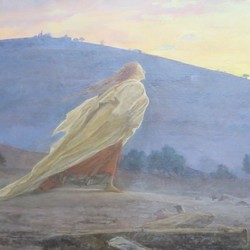
We began this season with the cycle Das Marienleben [The Life of Mary] by Paul Hindemith, that sets the cycle of fifteen poems with the same name by Rainer Maria Rilke. Back then we heard the first song, Geburt Mariä [Maria’s birth], and for this Easter week I chose the twelfth song, Stillung Mariä mit dem Auferstandenen [Consolation Of Mary With The Risen Christ].
- Details
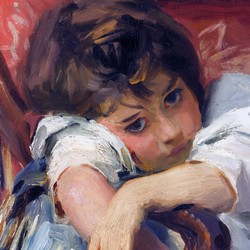
A few months ago, I told you of a talk about Winterreise at the Wagner Club Barcelona. Inés, a lady who attended that talk, wrote me to confirm something that I had commented back then: that one of the songs, Der Lindenbaum, had transcended the cycle and became a traditional song, a song that children used to sing when they went on an excursion. In fact, I hardly convinced once a German lady more fond of excursions than of Lied that Schubert didn't harmonize that song, but composed it [...]
- Details
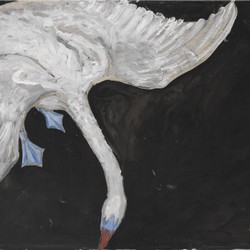
The painter Wilhelm Hensel, his wife Fanny, composer, née Mendelssohn, and his nine-year-old son Sebastian left Leipzig on 4 September 1839 towards Italy. The journey was for him up to a certain point a business one, and for the whole family was the opportunity to discover a new and fascinating country. They arrived in Milan on the 30th, and from there they travelled to Venice, Florence, Rome, and Naples. Wilhelm continued [...]













